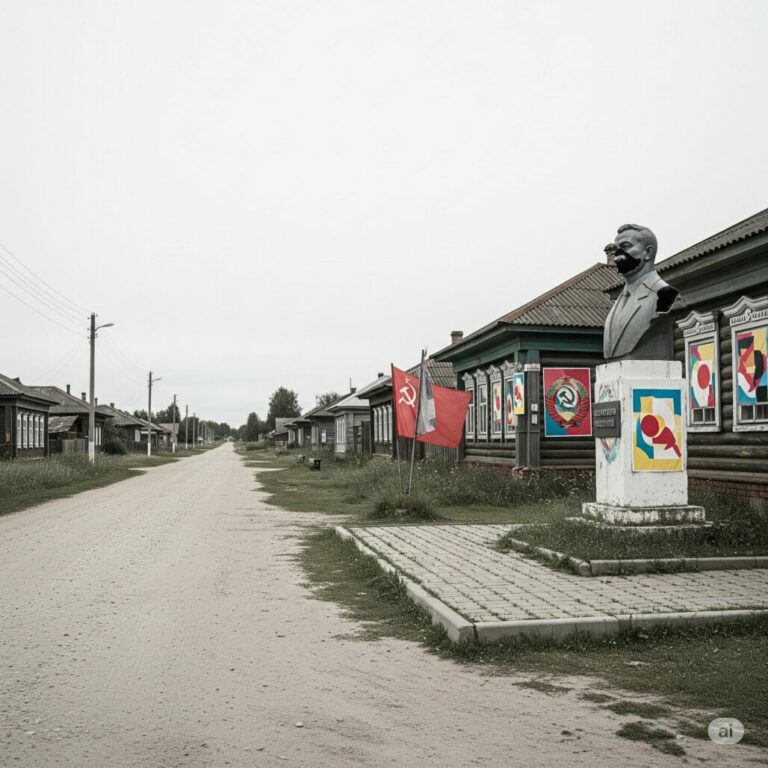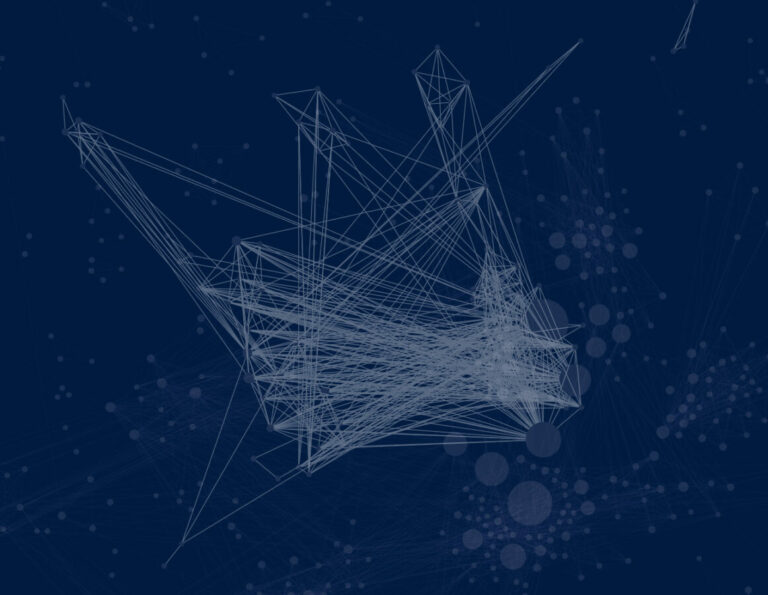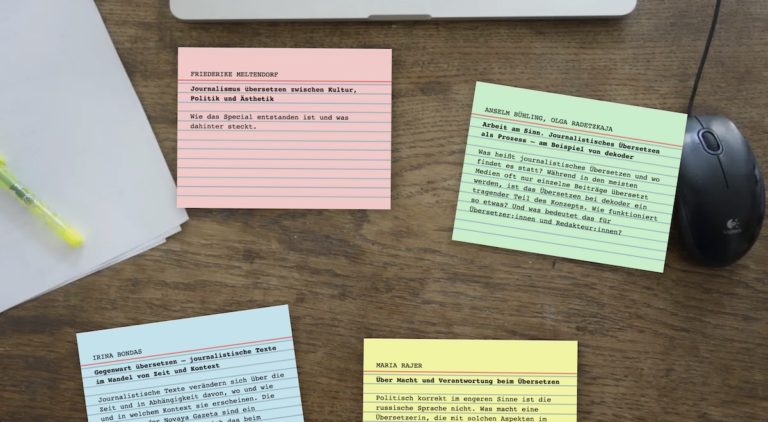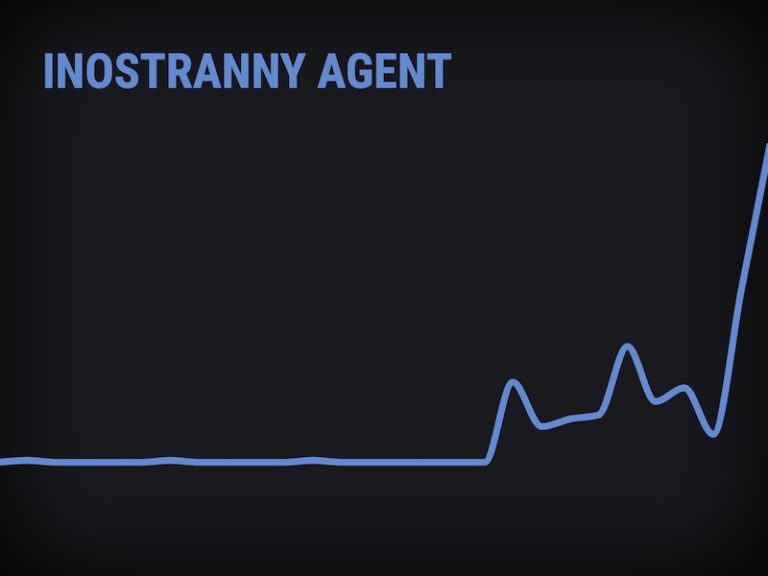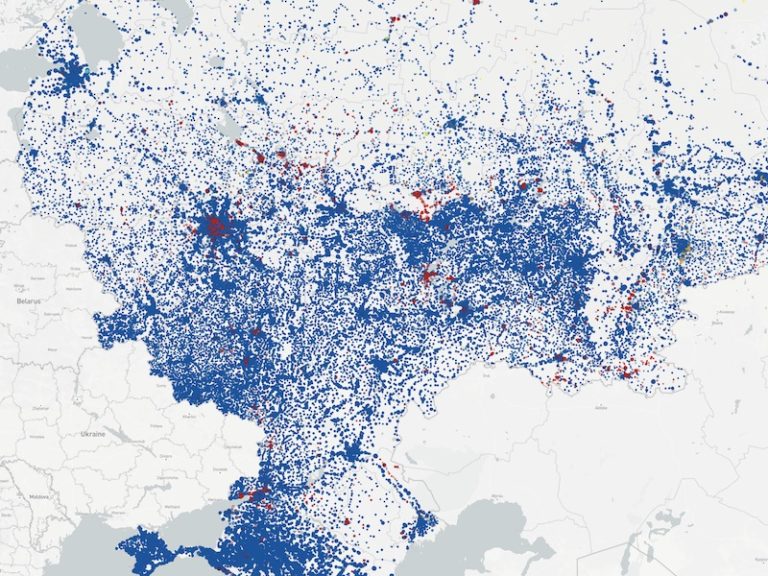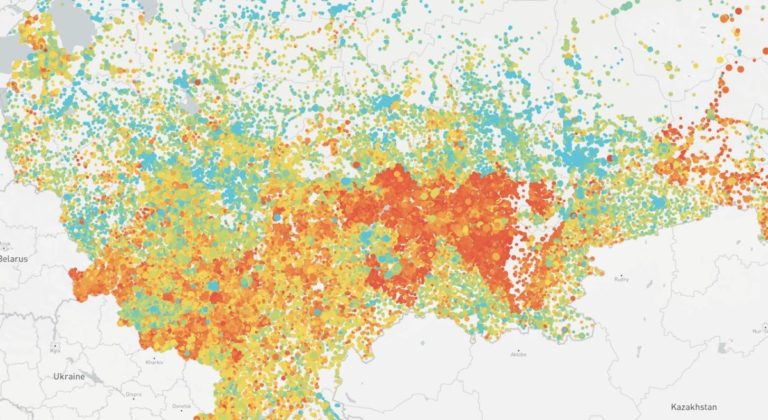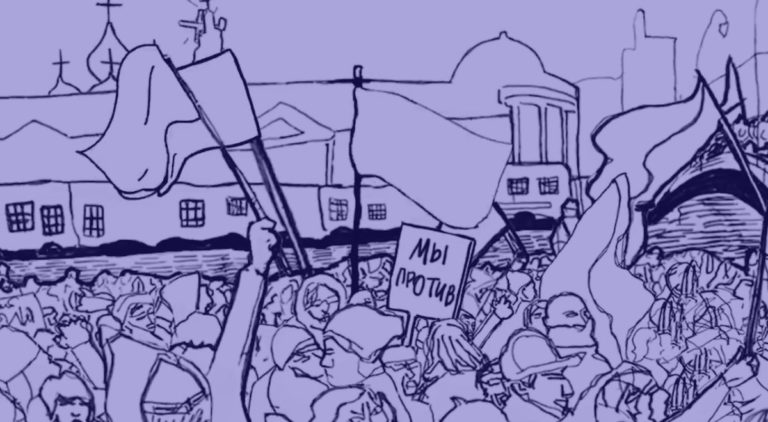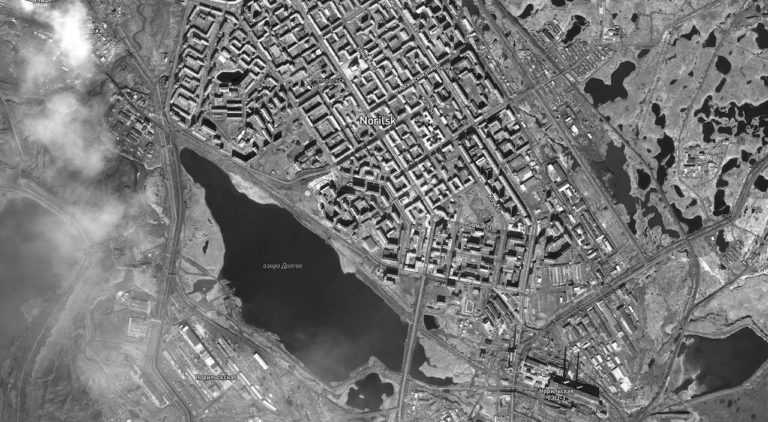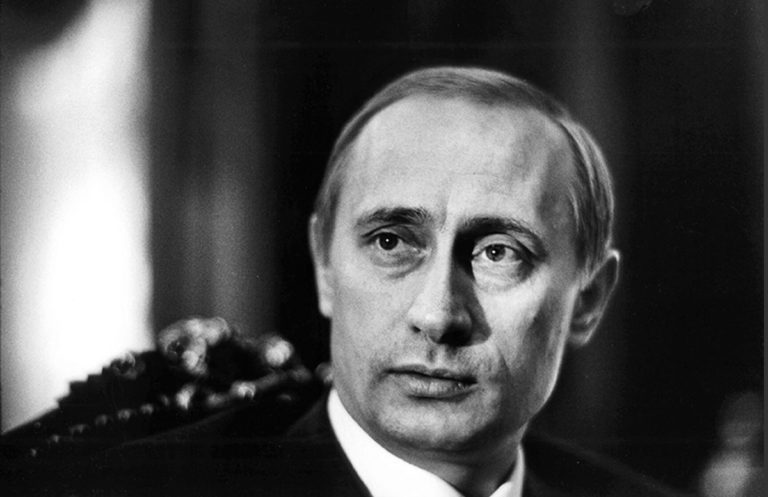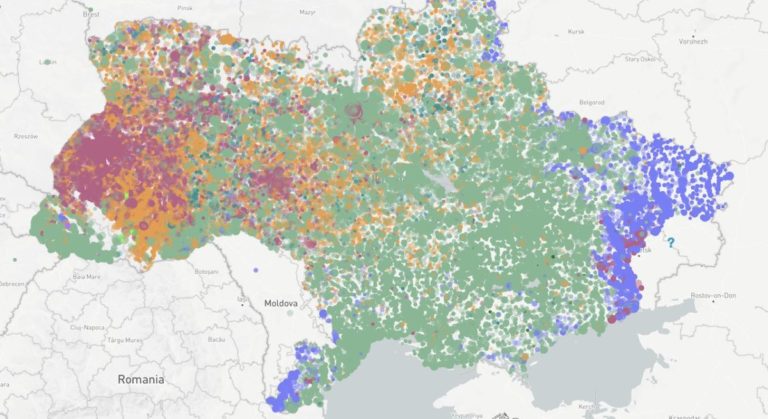Translating journalism – between culture, politics and aesthetics: How the special took shape and what lies behind it.
There is this romantic image…a translator sitting at their desk, writing, thinking, making themselves a cup of coffee, writing, thinking. Interestingly enough, this image is fairly accurate, on the whole. One aspect it doesn’t show, though, is that sometimes, and at dekoder most of the time, the translating has to get done pretty darn fast. Even the trip to the coffee machine in the kitchen is used productively: it gives the subconscious a chance to churn up an idea for whatever problem is currently unsolvable. The rest of the time, the translator’s fingers are reaching for or already hovering over the keyboard, and likely to be moving very quickly.
The need for speed aside, though: what exactly is involved in journalistic translation? What challenges are associated with the various text genres? How does a translator do justice to the differing traditions of journalistic writing in different countries? Translators are usually too busy searching for the most accurate way to translate texts (most of which are needed now) to step back and contemplate these questions. And that – the thoughtful examination of these questions – is what the texts in our special are about. They were produced within the Neustart project Translating journalism – between culture, politics and aesthetics. This project enabled our translators to step back briefly from the work they do on a daily basis and peer over their own shoulders, so to speak. A workshop held early on gave us the opportunity to come together to think about the work we do. Ideas born there matured into the texts that make up this special.
The Russian war of aggression against Ukraine started while the project was underway. I cannot speak here for all of us – but if the profession was (in its more uplifting moments) associated with the feeling of being a minor hero or heroine in the cause of post-Cold-War understanding, sometimes intrepid and sometimes richly rewarded, then that feeling has taken a real hammering in the past six months. With this aggression, the innocence of the profession has been damaged. It gave way to shock and numbness and left us distraught.
At some point, the power of speech returned to us. Some of the translators returned to a text they had already written to add something they felt had suddenly become relevant. Some of the texts were written only after the war began. We are still at it, closely following the debates – and still sitting at our desks.
Apropos desks: ours provide a sturdy basis for our daily work – and they also provide the basis for the visual design of this special. Sometimes, the desk in the image really is the desk at which the text in question was written. Sometimes, well, we cheated a bit.
We hope you enjoy reading the special!



